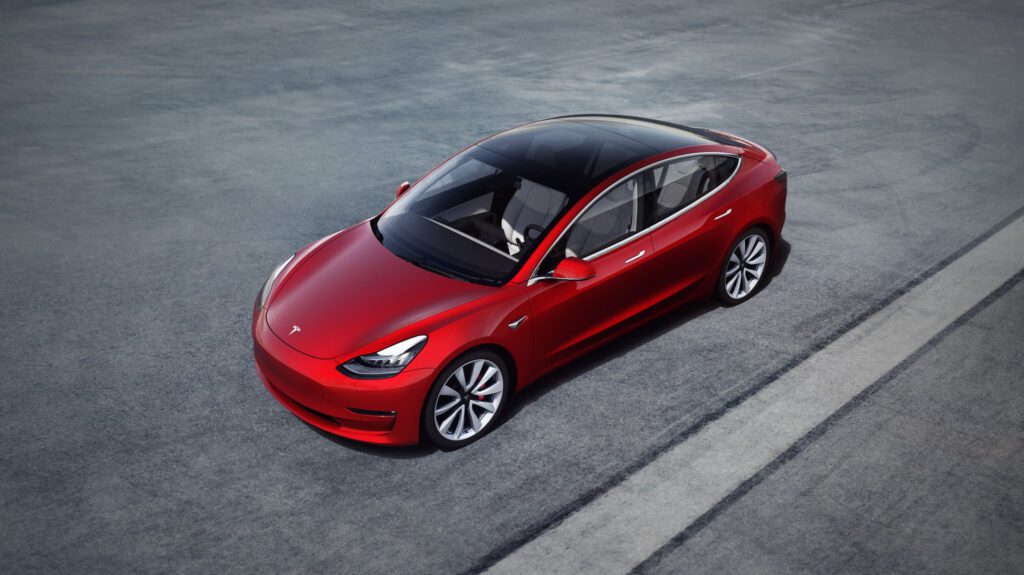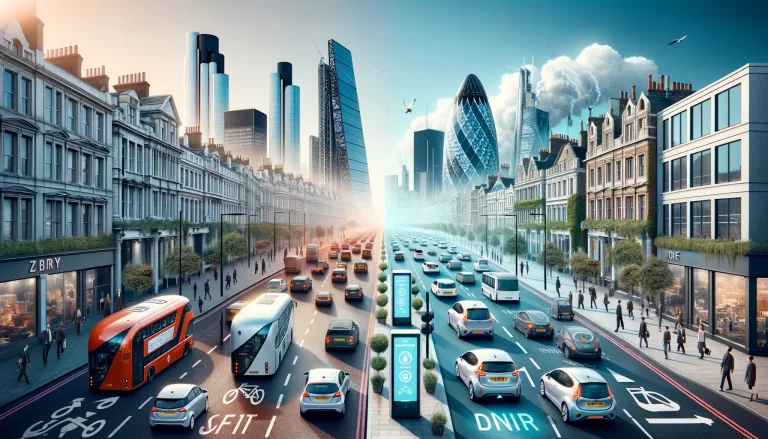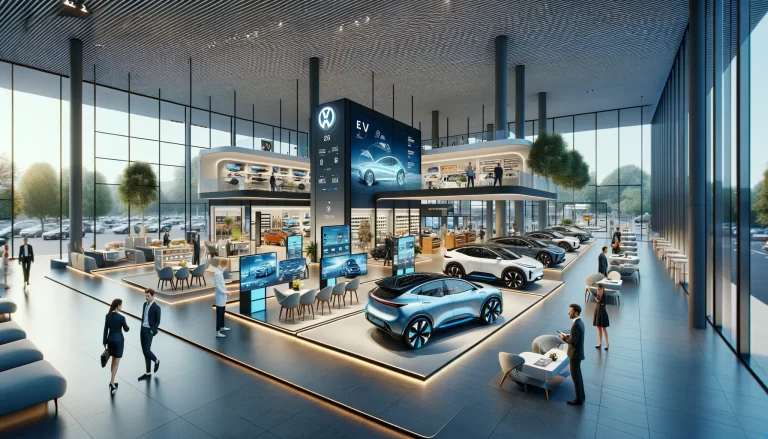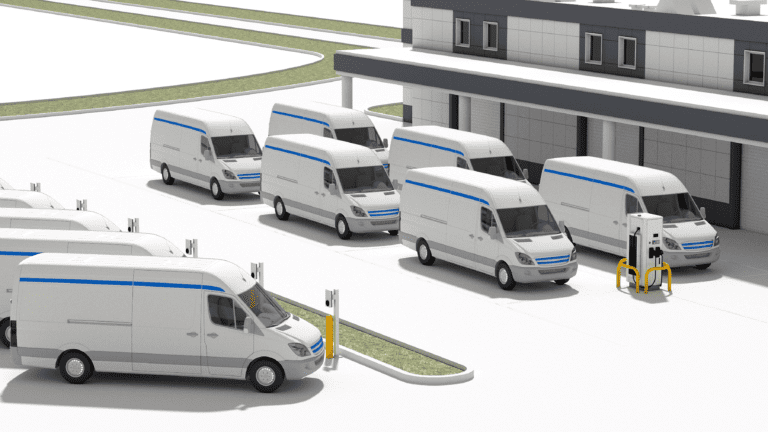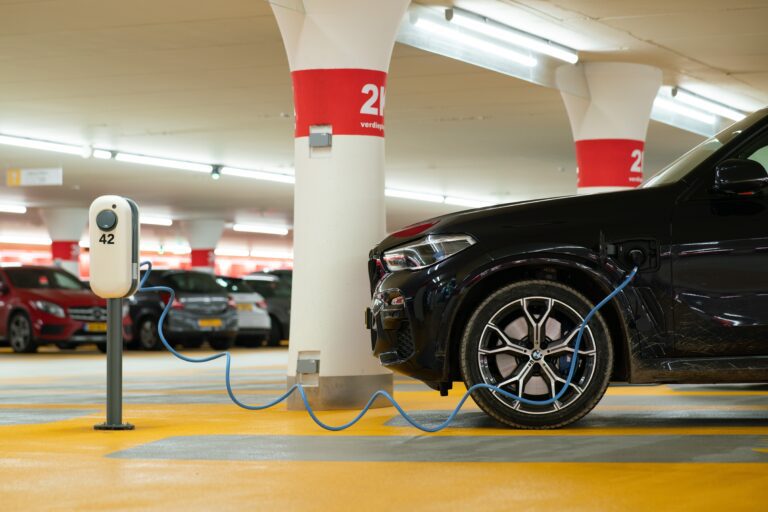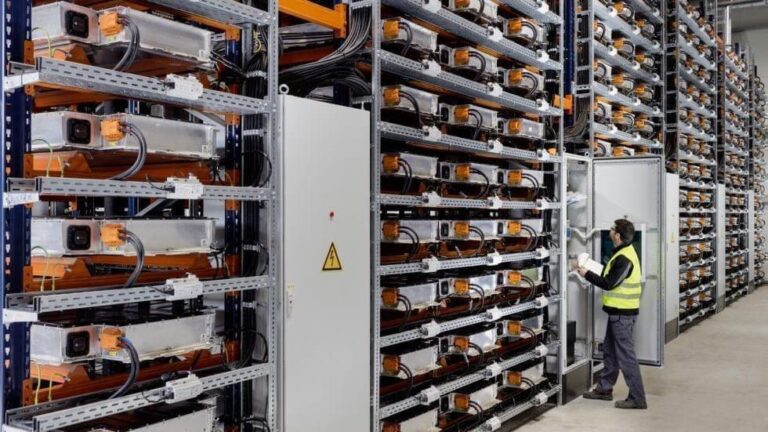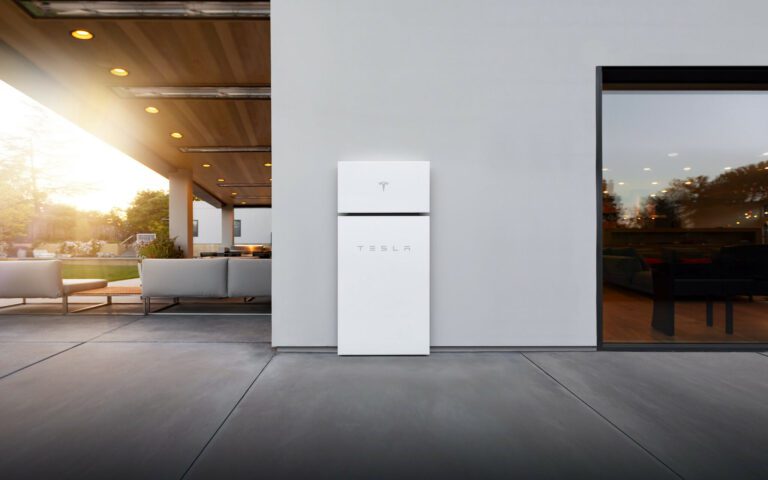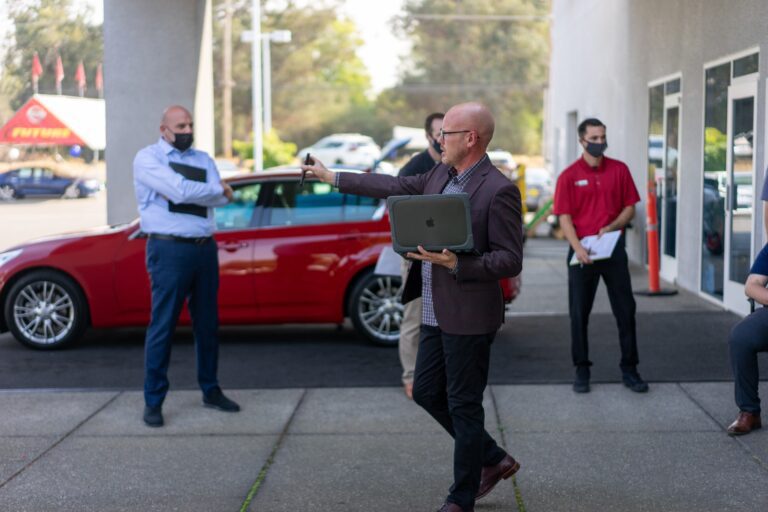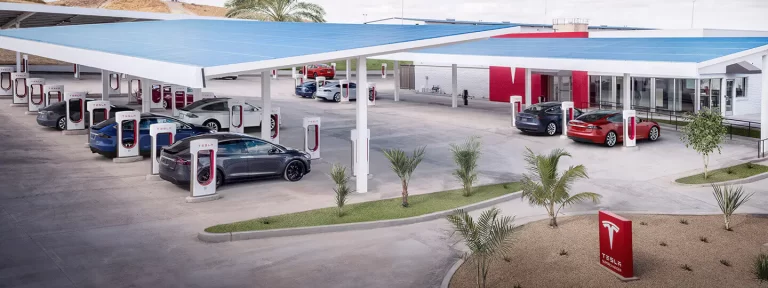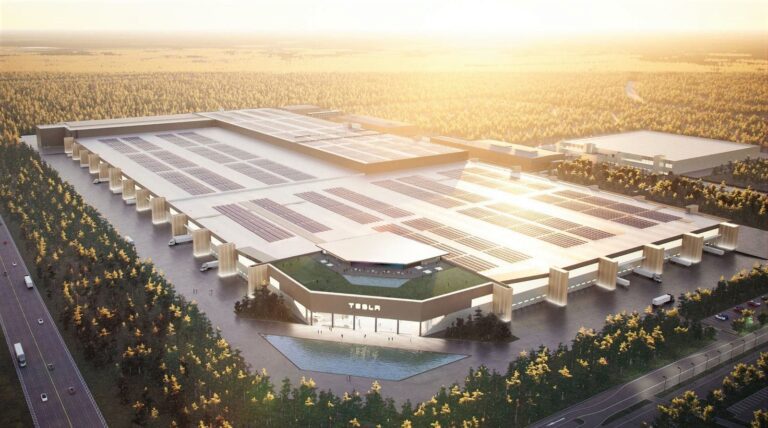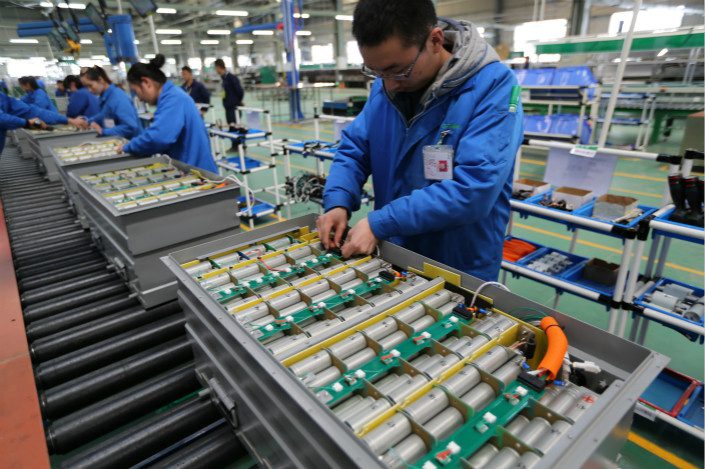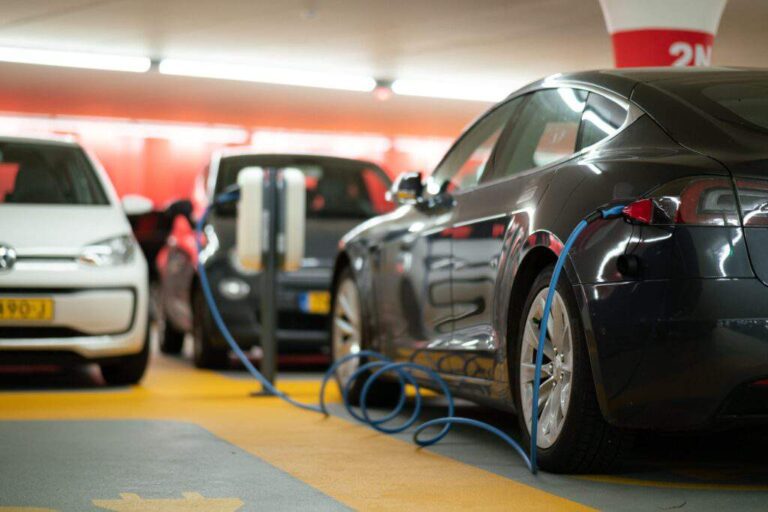When you think of electric vehicles, the name that will come to mind for many people is Tesla. This is not surprising as the American company sells the most EV models annually. It owns the best-selling electric model ever, the Model 3. Its global network of DC public chargers, known as the Superchargers, also increases its visibility.
However, the electric vehicle market is much more diverse, with many other players apart from Tesla pumping out fantastic EV models. In this article, we examine the electric vehicle manufacturing landscape. We will group EV manufacturers into the startups/challengers, the legacy automakers, and the Chinese contingent.
The startups/challengers
This group consists of new companies that exist to make battery-powered electric vehicles. We will look at the major ones, although they stand varying chances of growing into established automakers.
Tesla
This company is the foremost electric vehicle maker. Tesla was formed in 2003 and released its first EV model, the Roaster, in 2008 to critical acclaim. It was the first EV to use a lithium-ion battery and offer more than 200 miles per charge. Tesla has since released the Model S, which has the record of the fastest production electric car, the Model X, and the mass-market Model 3 and Model Y. The largest automaker by market capitalization, Tesla is working on more EV models like the Cybertruck, a pickup truck, and the Tesla Semi, a Class 8 truck.
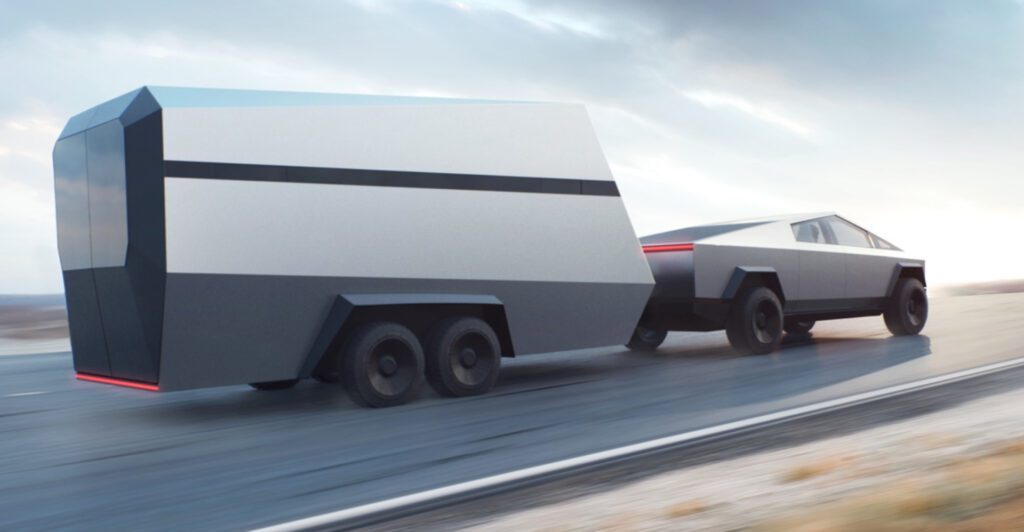

Rivian
Rivian is another American EV startup that was founded in 2009 by RJ Scaringe. After many years of working in the background, Rivian debuted a pair of EV models based on the same platform; the R1T pickup truck and the R1S SUV. The company has started delivering the R1T truck to select customers, to positive reviews.
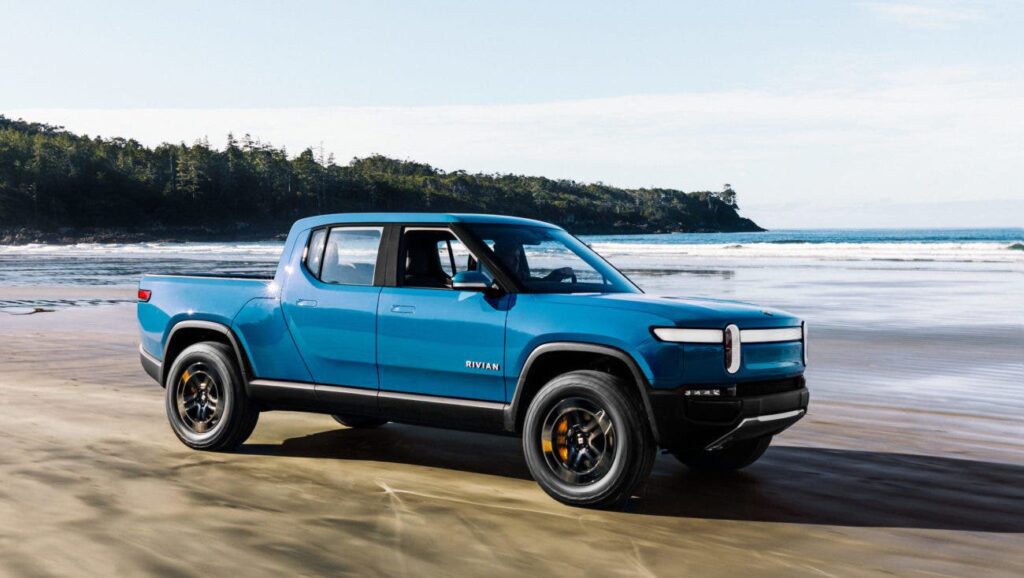

Rivian has several investors, including Amazon, who has placed an order for 100,000 electric vans to use for package deliveries.
Lucid Motors
This is another American startup that has started delivering to customers. Its only EV model, the Lucid Air, caters to the luxury segment. The Lucid Air Dream Edition made news when it attained 520 miles per charge as certified by the EPA, making it the EV model with the most extended range, a title previously held by a Tesla EV.
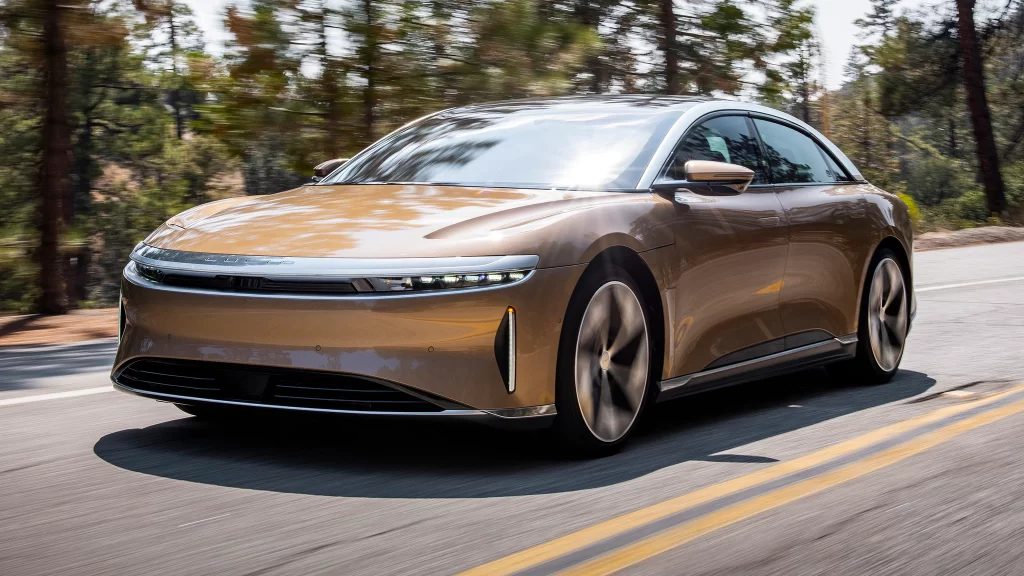

Lucid plans to release an SUV codenamed Project Gravity.
Others startups
Other startups are working on electric vehicles. However, their EV models are mainly yet to hit the market. They include Sono Motors in Germany, which is working on the Sion, a solar electric vehicle (SEV). Dutch startup Lightyear is also developing a SEV sedan that it claims can go many days based on solar energy alone. The Aptera three-wheel car is another SEV from startup Aptera based in the US.
Fisker Inc is also working on the Ocean, with a twist as it is using as many recycled materials as possible. Canoo, Faraday Future, Nikola, Arrival, Lordstown, Workhorse are also startups promising to bring EV models to the market in different segments.
The legacy automakers
This group consists of legacy automakers shifting their focus to electric vehicles to help combat environmental pollution. The names are familiar to many people.
Volkswagen
Volkswagen is emerging as the anti-Tesla as it tries to redeem itself after getting caught cheating on emission tests. Its current CEO, Herbert Diess, is focused on bringing the company into the electric vehicle era. His ambition is to beat Tesla, which he admires and often compares his own company to.
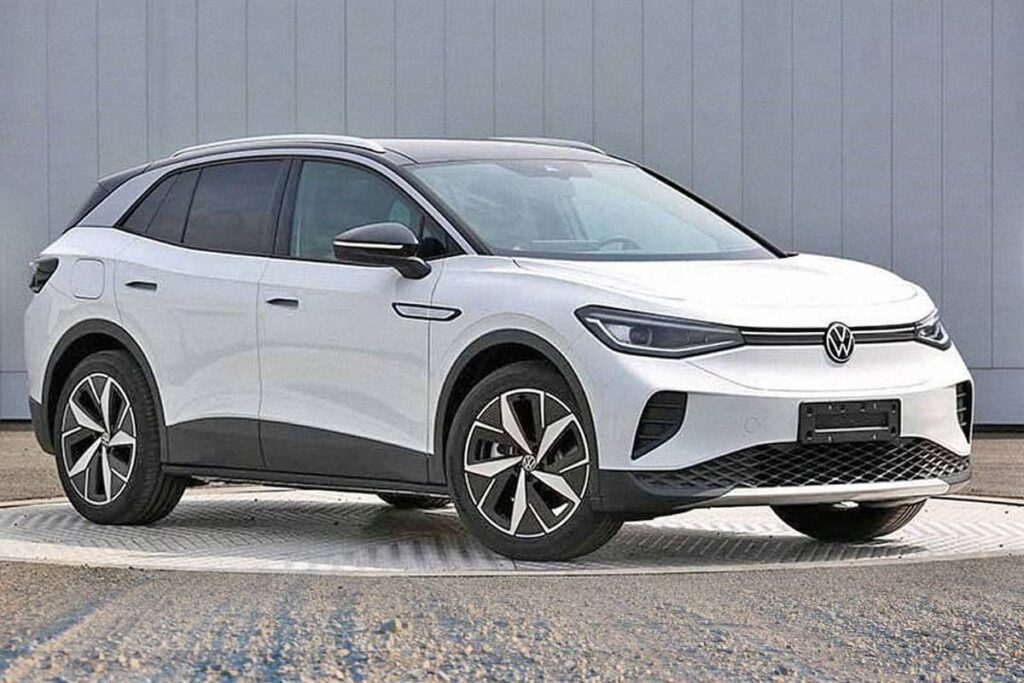

Volkswagen has an impressive roster of electric vehicles through it all the brands it controls. Some of the EV models include the ID.3 and ID.4, the Skoda Enyaq, the Porsche Taycan, etc. Volkswagen has big plans for EVs, and it will spend up to $86 billion building battery plants and EV production factories, including one inside its famed Wolfsburg facility.
BMW
BMW is another German brand known for making premium automobiles through its BMW, MINI, Rolls-Royce, and BMW Motorrad brands. The company has produced electric vehicles like the i3 with an optional gas-powered range extender but recently started delivering its i4 BEV to customers. It also has the BMW iX SUV coming in 2022. However, you can expect more EVs from BMW as it has plans for 25 models by 2025.
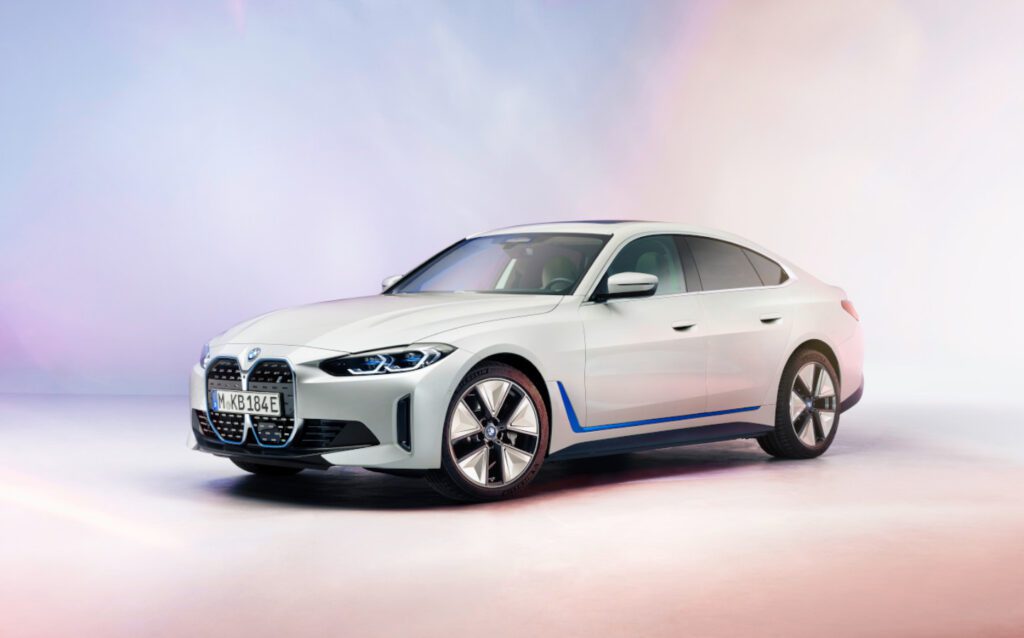

Ford
Ford is known the world over for its ICE vehicles, but the auto manufacturer is pivoting to EVs with a staggering budget of $22 billion. The company has found early success with its Mustang Mach-E, its electrified version of the iconic Ford Mustang. It also has the electric F-150 Lightning pickup truck coming next year. Ford is also electrifying its popular E-Transit van. The company is an investor in Rivian.
General Motors
General Motors is another legacy automaker going electric in a big way. Despite the setback it is experiencing with the recall of its Chevy Bolt EVs, the American heavyweight is charging ahead with $35 billion set aside for a complete overhaul of its product line. It is bringing back the Hummer brand as an EV, with an option of a truck and SUV, based on its new Ultium electric platform. GM will also sell the Cadillac Lyriq starting from 2022. Pickup lovers can look forward to the Silverado EV.
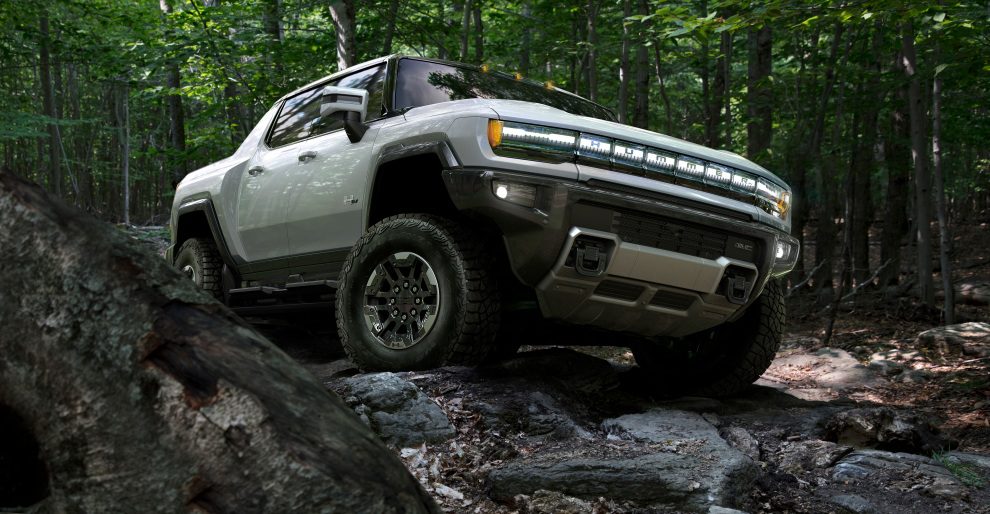

Stellantis
Stellantis, the parent company for brands including Opel, Vauxhall, Dodge, Peugeot, Ram, Fiat, and Jeep, is also going electric with a 30 billion euros plus investment plan. However, some of its brands are already making electric vehicles, like the Peugeot E-2008.
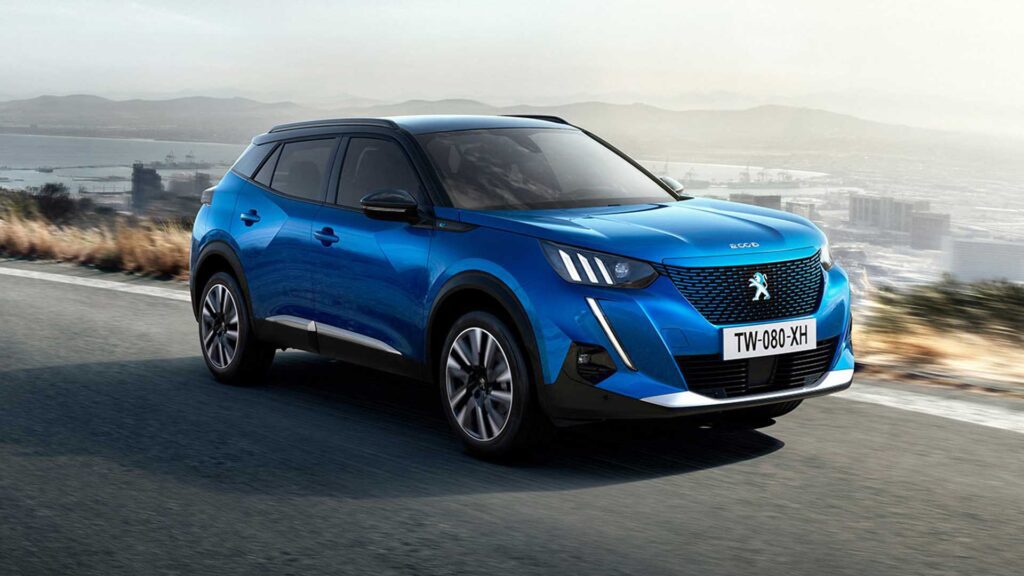

Mercedes-Benz
Mercedes-Benz will spend over 40 billion euros to shift entirely to EV models by 2030, where market conditions allow. The purveyor of luxury vehicles has unveiled the EQ line exclusively for purely electric vehicles, with models like the EQS, EQE, EQB, EQA, EQC, and EQV.
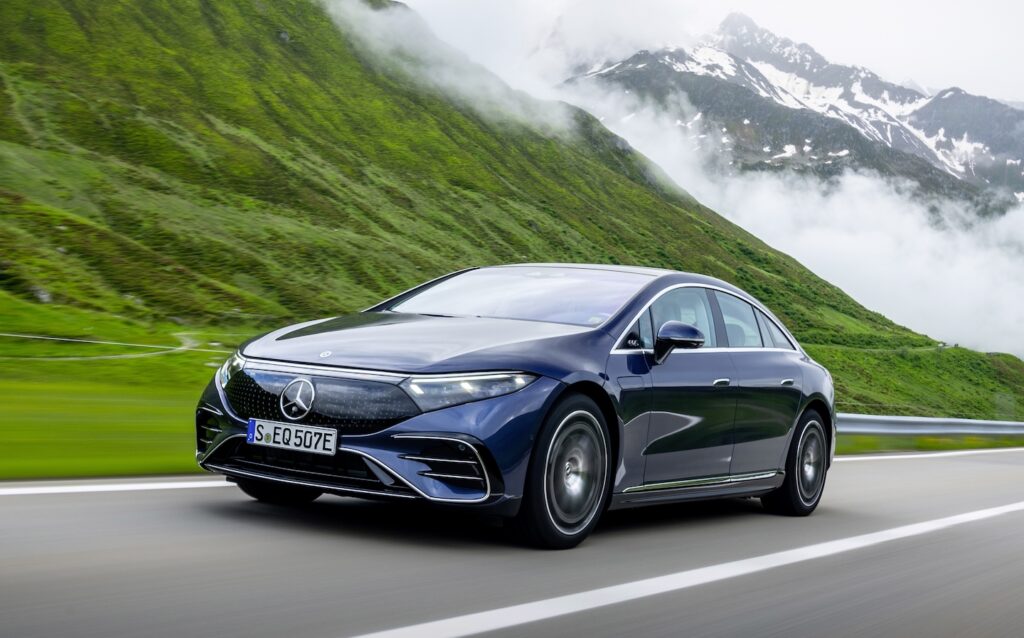

Other legacy automakers
Toyota had a head-start with its Prius hybrid but was not able to capitalize on the lead. However, it has corrected its course and will release multiple BEVs, starting with the BZ4X based on the e-TNGA platform it co-developed with Mitsubishi.
Nissan’s LEAF helped shape the electric vehicle industry. The LEAF line is still going strong while the company prepares its Nissan ARIYA electric crossover.
Hyundai and Kia share an electric platform for their recent EVs, including the well-received Ioniq and Kona Electric, and the EV6.
The Chinese contingent
China is fast becoming a hotbed for electric vehicles, where new local automakers are challenging the dominance of the established players. Some of the major new entrants are included below.
NIO
NIO is one of the foremost Chinese EV brands with an enviable roster of EVs, which it markets as smart vehicles. They include ES8, ET7, EC6, and ES6. NIO champions battery swapping, a faster way to get a full battery. It also offers its batteries as a service. NIO has started its expansion into Europe, with Norway as the first port of call.
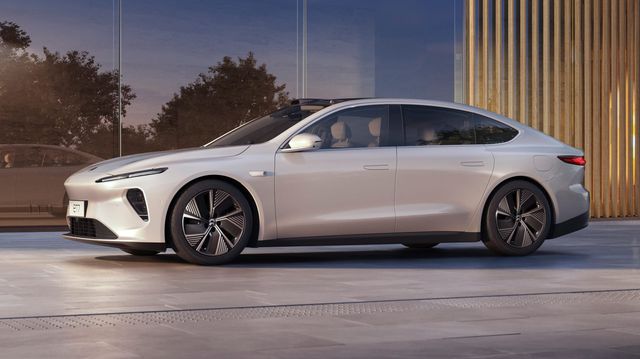

Xpeng
Xpeng is another Chinese EV company making waves in its home country. It currently has two models, the G3 and P7, but they are enough to make other EV makers pay attention.
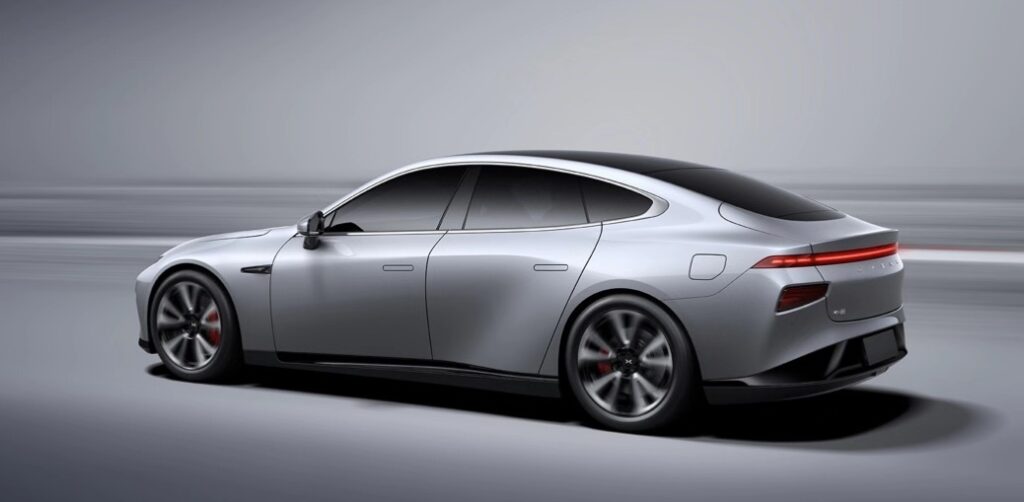

BYD
BYD (Build Your Dreams) has the HAN EV as its flagship and offers the Quin Pro EV, Song Pro EV, Tang EV, Yuan EV.
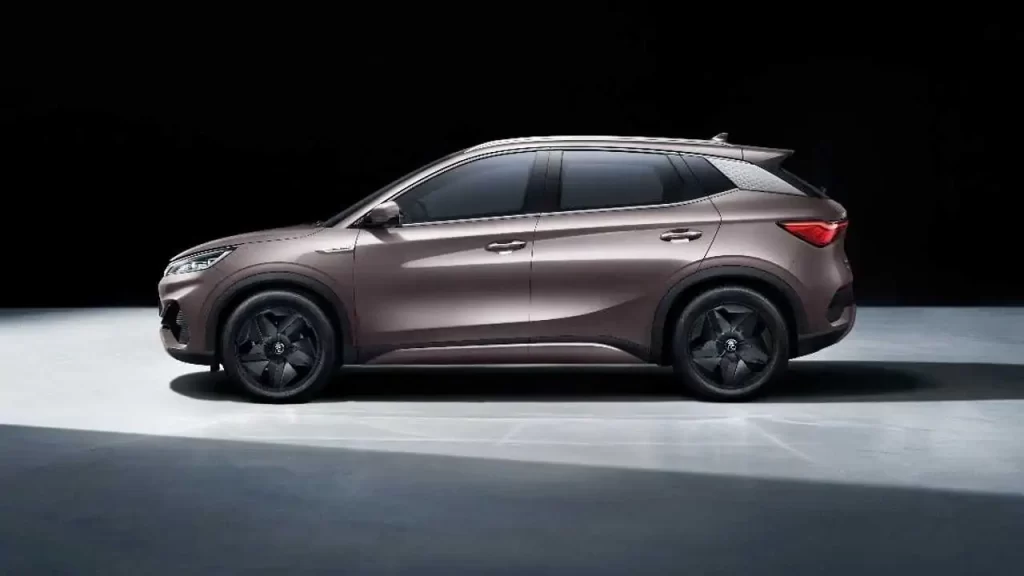

EV Models Where Next?
There are countless EV makers that are not on this list, which does not in any way diminish their worth. However, with the current pace of innovation in the EV industry, the future is bright for zero-emission mobility. Expect to see the number and variety of models on the market increase significantly in the next 5 years.
